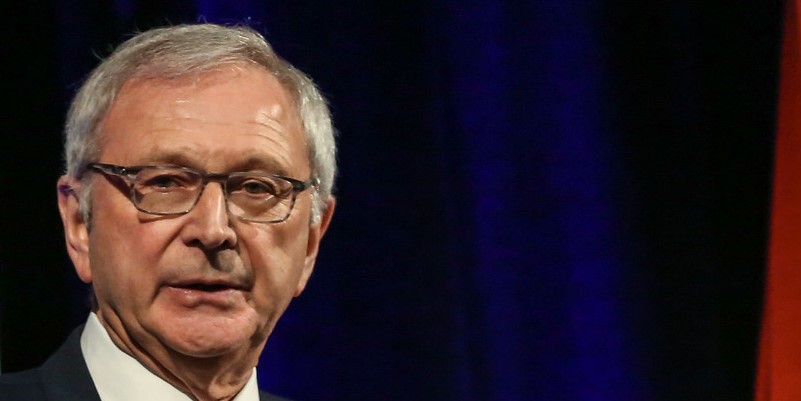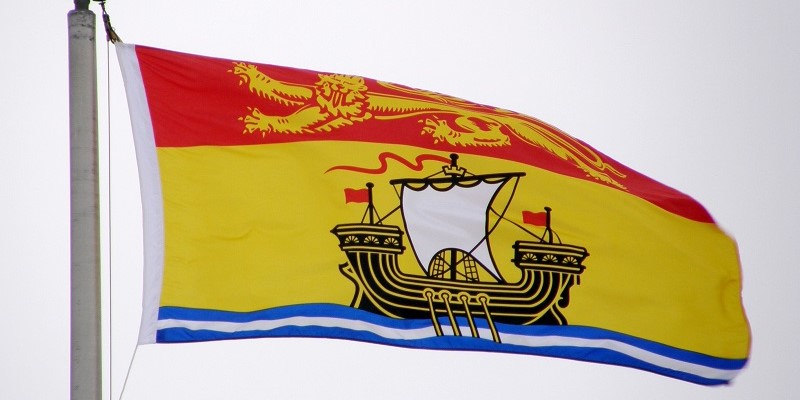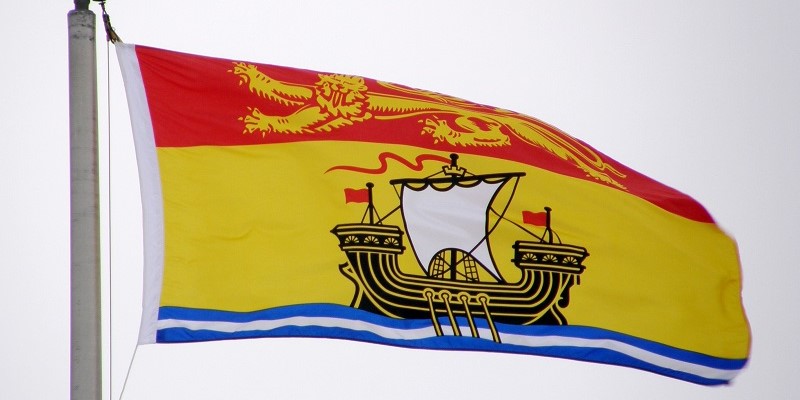The province's program spending is projected to increase by a yearly average of 8.8 per cent.
new brunswicks finances
Head office employment in the province is down more than 300 jobs since 2014.
The province's program spending this year will increase by 6.2 per cent, a rate faster than population growth plus inflation.
The province's government debt has shrunk by more than $2 billion since 2019/20.
The province's median employment income was $3,350 lower than the Canadian average.
The province's median earnings were $29,323 compared to $41,341 in nearby Maine.
The budget projects $40 million in personal income tax relief for more than 400,000 tax filers.
Last weeks provincial budget was a heap of bad news for New Brunswickers. First they learned that they will continue to be burdened by a government with shaky finances driven by annual deficits and mushrooming debt. Topping that off, Progressive Conservative Finance Minister Blaine Higgs proposed a series of highly damaging tax increases as a way out of New Brunswicks deep fiscal hole. Unfortunately, these tax hikes will cast a dark cloud over New Brunswicks economic prospects and likely bring little revenue in return.







